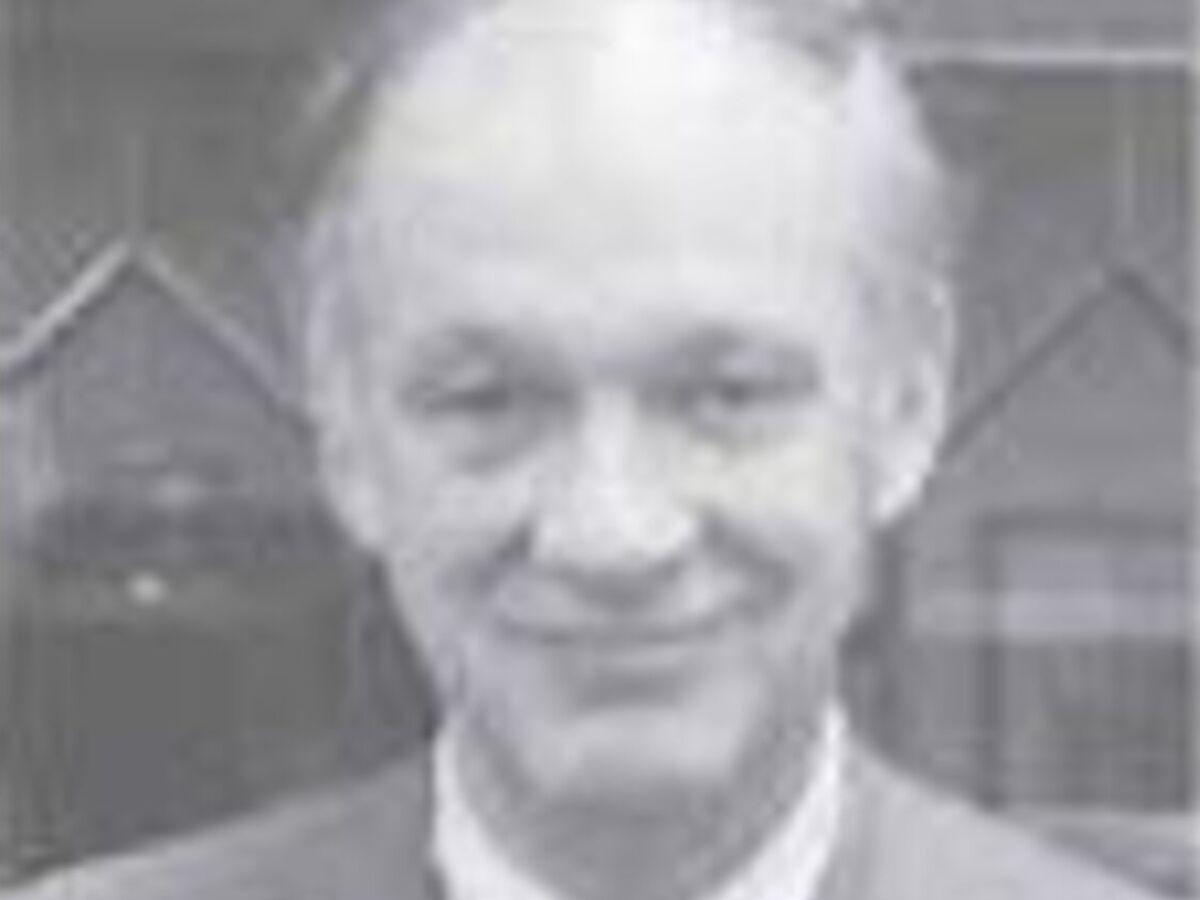Image

Seacoast Pathways, a program of Granite Pathways, is a mental health recovery peer community in Portsmouth, New Hampshire.
Seacoast Pathways of Portsmouth, NH is the only mental health clubhouse in New Hampshire under the banner of Clubhouse International and we're proud of that, although the state needs more in different cities and regions.
Many ask us how a clubhouse works or what our members do. The simple answer is that we accept them into our family - virtually everyone in our clubhouse is in recovery or has family members with mental health challenges. No one is a stranger to recovery. New or prospective members needn't worry about being accepted or seeing their mental health challenge as an obstacle to being a member. (*We require a referral) The word is "inclusion" and it is unconditional at Seacoast Pathways. It is the first key step to recovery besides faithful adherence to doctor prescribed medication and therapy which members pursue on their own outside of clubhouse hours.
In looking over the history of mental illness, it has been this lack of inclusion and acceptance that has stigmatized individuals and made them feel unwanted and unneeded. This cruel concept, fortunately, began to change in the late 1940s when a young psychologist and social worker named John Beard (pictured) came on the scene. Hired as director of the very first clubhouse in New York City, Fountain House, he built a structure that not only accepted individuals with mental illness but also engaged them by providing tasks for them to do when attending the clubhouse; working side by side with staff, helping make lunch, answering and returning phone calls, cleaning the facility, helping with budgets, writing thank you cards for donations and maintaining the hospitable look of the clubhouse through decorating, watering plants etc. He discovered that members began to improve dramatically in their recovery when allowed inclusion and opportunities to succeed and feel valued by a community. None of this required therapy or medication (although both are crucial and necessary aspects of recovery.) After continued research, Beard promoted the "non-clinical" aspect of recovery at a clubhouse. To this day there are some 400 clubhouses worldwide practicing the same model: inclusion, unconditional acceptance and side by side work. The "cement" of all of this is the standard that everything is voluntary. Members choose the tasks and who they want to work with. If they don't want to work on a given day, that's ok. It is staff's job to encourage their engagement.
Why voluntary? Think about it. A person in the throes of a mental health challenge is not in control of a lot of things. Our clubhouse means to give back some of the empowerment. At the clubhouse members decide how they will work and contribute with all the support they need.
The final takeaway is the concept that members are wanted and needed to help run the clubhouse with staff. They have a stake in it. They can build a job resume in this manner and take pride in their membership. It is their clubhouse. The service offered by Seacoast Pathways is allowing members to not only help themselves but, just as importantly, serve the clubhouse and others.
All powerful pieces of recovery.
Seacoast Pathways is a free, non-clinical mental health "clubhouse"for adults in Portsmouth, NH. For more information call 603-812-9031 or email seacoastpathways@gmail.com